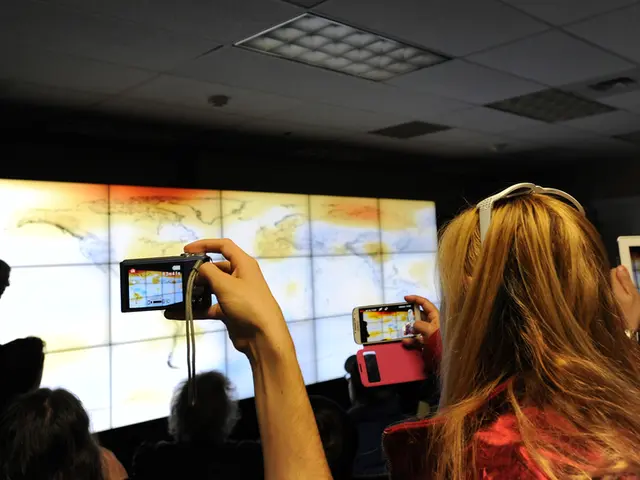Difference Between Traditional Gaming and Online Gaming: An Overview
Games and online gaming, although similar, have distinct differences that matter both for users and policymakers. Gaming encompasses various physical activities like board games, card games, and video games played on consoles, which can be enjoyed in various locations. On the flip side, online gaming, commonly known as iGaming, involves playing games like casino games or mobile slots online.
The location where you can enjoy these two activities varies greatly. Gaming can take place in numerous spots, such as homes, stores, or dedicated gaming centers, using physical objects or devices. Online gaming, however, is exclusively enjoyed over the internet, allowing users to play from anywhere with internet access. This flexibility adds convenience and versatility to online gaming.
Another key difference is the social aspect. Gaming can be a social event, as players can interact in person, particularly for board games or card games. The social aspect of gaming can be an enjoyable bonus to the activity. Online gaming also provides social interactions through online chat or multiplayer modes, connecting players worldwide. Still, it's worth noting that these online interactions may not offer the same level of personal connection as in-person encounters.
The legality of gaming and online gaming differs as well. Gaming, in general, is accepted across most cultures with few restrictions. However, online gaming, also known as iGaming, has stricter legal frameworks in various regions. Different countries and regions have varying laws and regulations regarding online gambling. The legality of online gaming and the regulations surrounding it are essential for both players and policymakers, as they can affect accessibility, risks, and protections.
In conclusion, gamers and policymakers should be aware of the distinctions between gaming and iGaming, particularly when it comes to location, social interactions, and legality. Understanding these differences can help inform decisions regarding accessibility, regulations, and control over these entertainment activities.
Gadgets like smartphones are becoming increasingly popular in the realm of online gaming, allowing users to enjoy sports-betting and casino games from anywhere with internet access, unlike traditional gaming which primarily occurs in dedicated gaming centers or homes. In the world of technology, advancements in smartphones have blurred the lines between gaming and daily activities, as one can now easily engage in sports-betting or play games designed for smartphones during leisure time just as easily as communicating with others or checking email.







